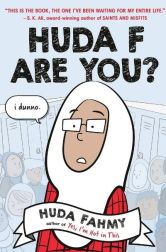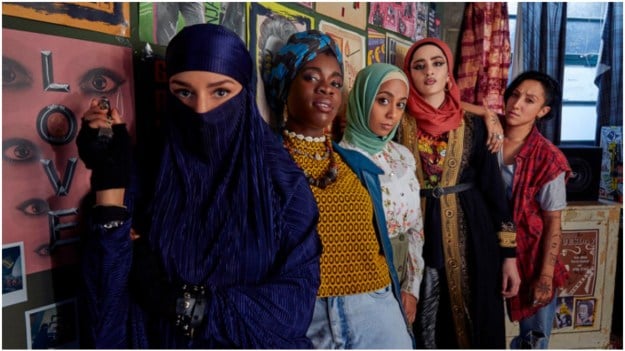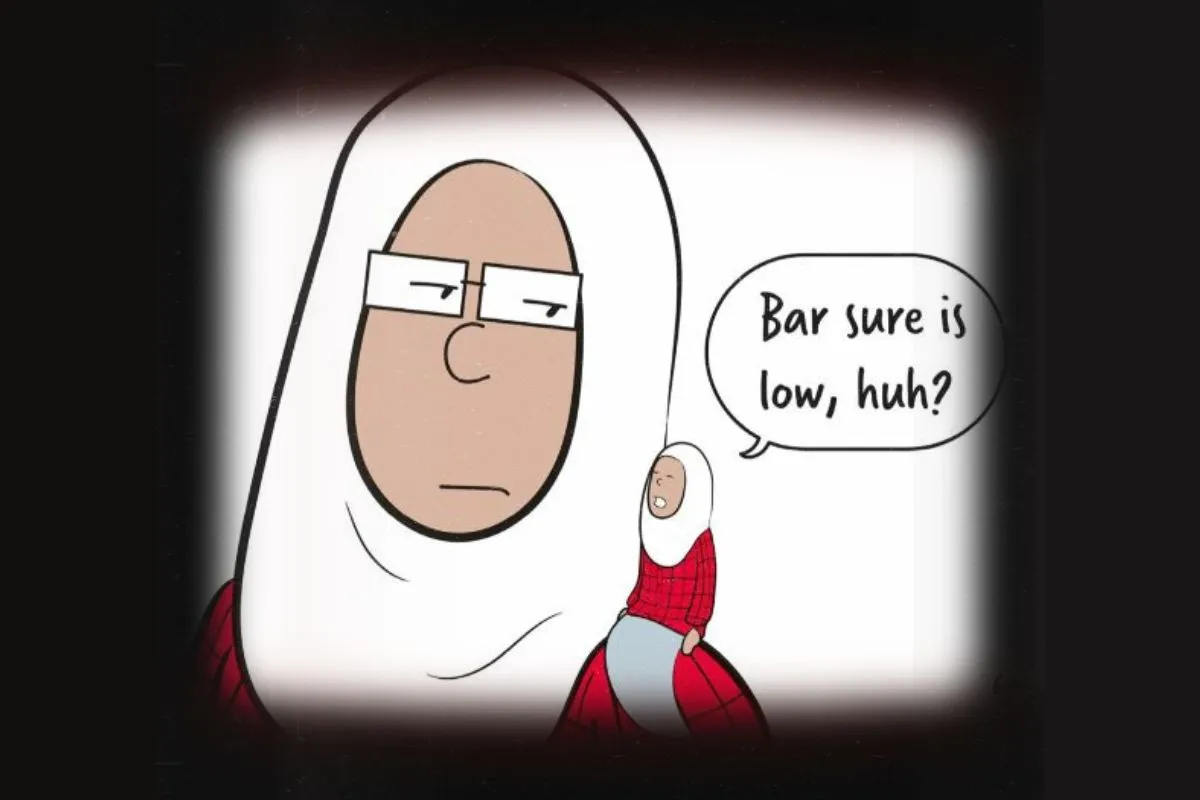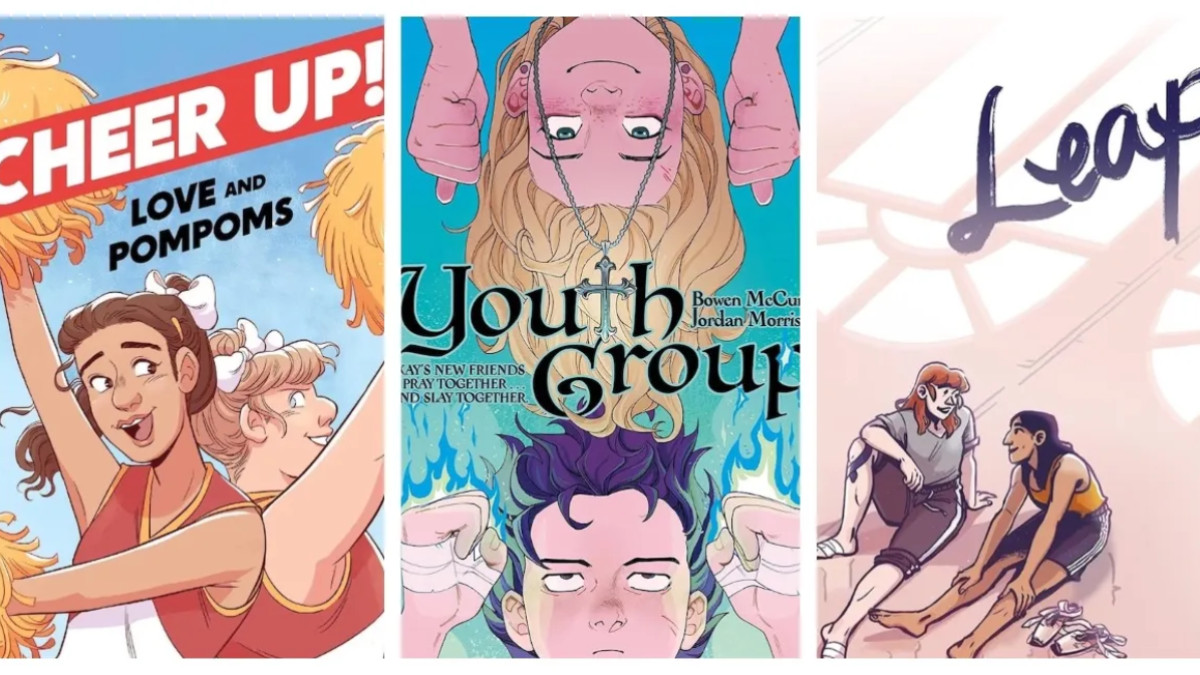In my quest to find more graphic novel memoirs (my favorite genre) and stories inspired by people’s actual experiences, I found myself chuckling and raising my eyebrows while flipping through the pages of cartoonist Huda Fahmy‘s works. The Michigan-born native has a series of mini-comics that have recently been published into graphic novels Huda F Are You? and That Can Be Arranged: A Muslim Love Story. These and Yes, I’m Hot in This, document the sometimes awkward, sometimes mundane elements of being a Muslim Hijabi woman in the U.S. Recently one of Fahmy’s works was optioned for a TV show, but she updated readers that it may take longer to develop because the company struggled to work with her on one of her requirements—to have a Muslim showrunner.
If this sounds frustratingly familiar, it’s because this is the trap a lot of marginalized and underrepresented communities run into when breaking into fields. The creatives are doing their part to break the cycle by doing the work, but fall short of extensive experience unless studios are willing to bet on them as they do with others.

In a follow-up tweet the next day, Fahmy added: “They tried to reach out to a couple [of] Muslim showrunners, and the one we heard back from was too busy, but I connected with another, and we clicked right away, but then they changed their minds [because] she wasn’t experienced and they didn’t want to spend time mentoring her.”
Muslim representation in media still lags behind

Despite making up 25% of the world’s population, a 2021 USC Annenberg report found Muslims are only represented in about 1% of characters in the top-grossing films. Most of that 1% are as stereotypes and/or non-speaking roles. Inspired by other tests like the Bechdel-Wallace Test or the Kent Test, three Muslim cinephiles (Shaf Choudry, Isobel Ingham-Barrow and Dr. Sadia Habib) created the Riz Test. Named after actor/artist Riz Ahmed following his 2017 speech to the House of Commons (in the U.K.) this test function a little differently than most. Instead of scoring up to a pass/fail or rating, any single offense is a failure.
Outside of a handful of stories that have come out in the last year or so, like We Are Lady Parts and Ms. Marvel, stories about Muslim women are missing in the broader media landscape from television to film. Well, unless their side characters like in Ramy and/or are playing into harmful tropes like Hala—even the fact that she isn’t playing anything related to a terrorist makes this an upgrade still.
It’s more than reasonable for Fahmy to require key positions in the development of her work to be Muslim. These are her stories that at their core speak honestly about her experiences and other Hijabis in a humorous way. Hopefully, another studio will pick up the show and we will get to see Fahmy’s slice-of-life approach to storytelling soon. While we wait, I highly recommend picking up her books, even if you don’t read YA or middle-grade books!
(featured image: Dial Books, Huda Fahmy)
The Mary Sue may earn an affiliate commission on products and services purchased through links.
—The Mary Sue has a strict comment policy that forbids, but is not limited to, personal insults toward anyone, hate speech, and trolling.—










Published: Dec 19, 2022 07:16 am